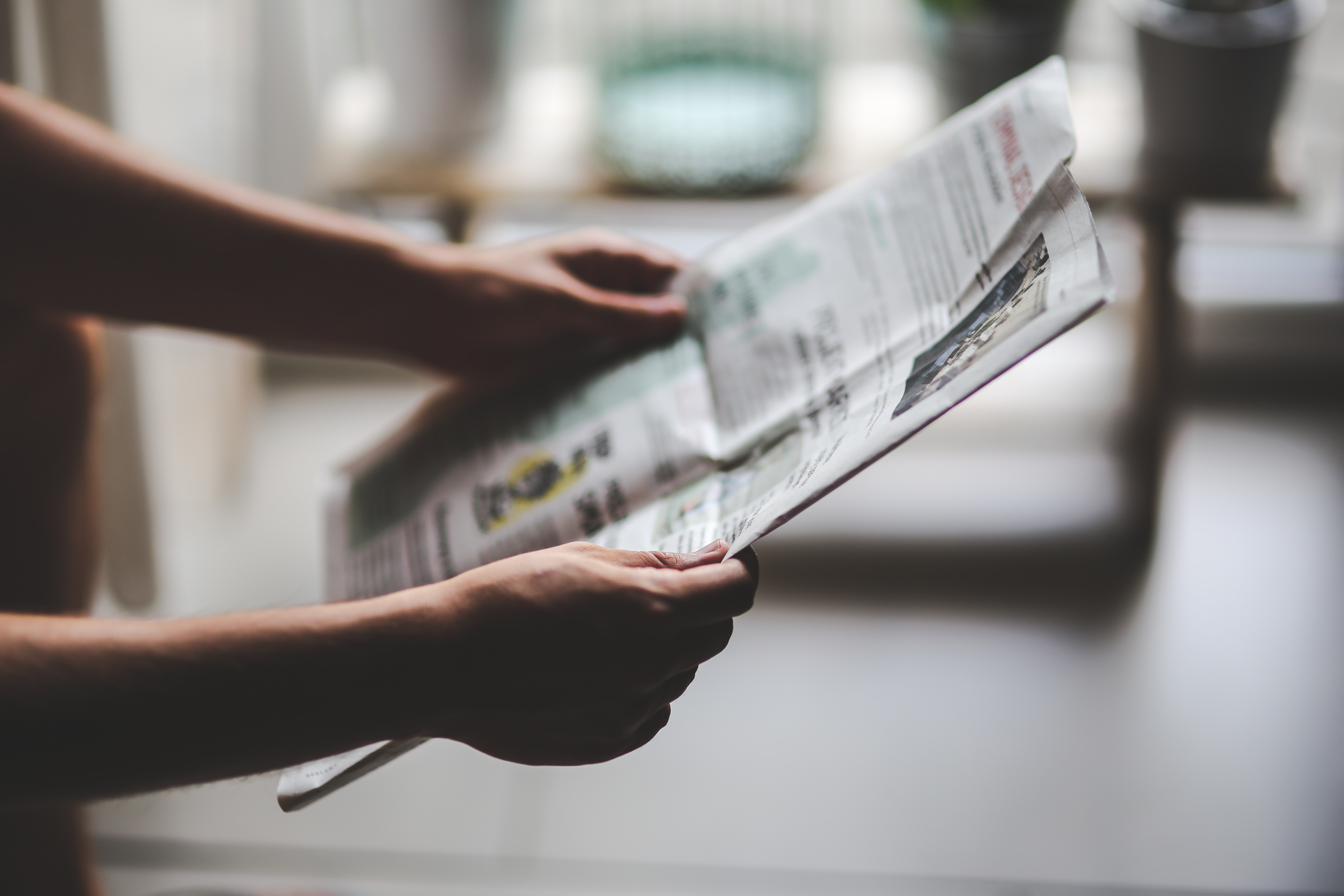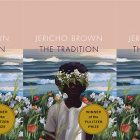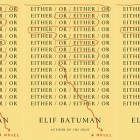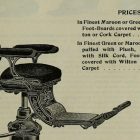How Can We Be Happy in a World Full of Suffering?

Crudo, a new novel by Olivia Laing that unfolds in the summer of 2017, follows a woman named Kathy—who shares biographical details with experimental novelist Kathy Acker, who died in 1997, as well as Laing herself—as she prepares for her wedding, travels to Italy and London, and anxiously reads the news.
The text of the novel is constructed partially from unquoted outside material, which is cited at the book’s end. Laing appropriates everything from Acker’s novels to Donald Trump’s Twitter account, from Jesmyn Ward’s Sing Unburied Sing to articles in Marie Claire and The London Review of Books. The novel toggles between this raw information and Kathy’s broader interpretive proclamations, a technique that has a dual effect. First, it mirrors the familiar daily experience of sifting through bleak and endlessly available information. Second, it primes the reader for Kathy’s processing of that information; by immersing us in the unquoted material, we hunger for interpretation. This structure also allows the novel to pose old questions—How can we be happy in a world full of suffering? How do we treat others ethically?—in fresh ways.
One of the novel’s central concerns is the self, and the interactions between the self and the news cycle. I read this book the week of Brett Kavanaugh’s hearings, and Laing’s descriptions of Kathy’s mood resonated deeply. Laing writes, “She felt blank. She felt blank and mildly hysterical, she was itching to do something but it wasn’t clear what.” After this description, Laing references in quick succession the “Nazi march in Charlottesville” and a “UK family found guilty of enslaving homeless and disabled people.” Then she moves back into the interpretive mode: “Stories like that displaced her, they displaced everything, how could you be happy when you knew the tendencies humans had, their aptitude for cruelty.” In some ways, the novel can be summed up by a non-question, posed as Kathy writes emails: “Human relations, how.”
This question—of how to retain individuality, of how to treat others decently—plays out on a personal level in Kathy’s relationship with her husband, Ian. She writes of the difficulties of being with another person:
You think you know yourself inside out when you live alone, but you don’t, you believe you are a calm untroubled or at worst melancholic person, you do not realise how irritable you are […] a particular cast of expression will send you into apoplexy because you are unchill, because you have not learnt how to soften your borders, how to make room.
Calm is what’s elusive for Kathy, and, Laing seems to suggest, what’s difficult to find in the present moment. What we often have instead of calm is the blankness Kathy describes, or worse, numbness.
Laing explores numbness multiple times in the book. Kathy muses about numbness after another inundation of news material, as if challenging the reader to resist their typical reaction: “Numbness mattered, it was what the Nazis did, made people feel like things were moving too fast to stop and though unpleasant and eventually terrifying and appalling, were probably impossible to do anything about.” Later, Laing comments on Kathy’s commentary about numbness: “Kathy was becoming obsessed with the numbness, the way the news cycle was making her incapable of action, a beached somnolent whale.” Laing challenges the reader to stay alert even as she reproduces the news, and the exhaustion of reading it, on the page. This challenge is in the prose, too—Laing’s sentences are long, winding, gathering energy and changing course as they go: “2017, fire and fascism, she’d never forget it, the first season of marriage, awaking into her adult life so late, just as the world was shutting up shop.”
One of the impressive things about the novel is that while it plumbs the darkest corners of the news, and of history, it refuses to be bleak. Although Kathy thinks apocalyptically (“[T]he waters were rising in Miami, Tampa, Naples […] she saw the liberal democracy in which she had grown up revealed as fragile beyond measure”) she’s also often joyful. There are a lot of sumptuous descriptions of upscale food, travelling in the countryside, falling in love, talking to friends, eating breakfast, lounging in the sun. It’s a novel that gathers energy from its oscillating movement: between raw material and sweeping interpretation, between political despair and domestic happiness, between first and third person, between fact and fiction. Laing’s insistence on putting contradictory statements in tension with one another on the page, combined with the apparently off-the-cuff nature of the prose, is itself an act of resistance against what she calls at one point the “internet-induced desire for destruction.”
The novel ends with an image of continuity: “Kim Jong-un had called Trump a dotard, perhaps they’d all be blown to smithereens. Still, ants at least would proceed, building up their infinite cities, stealing honey from the cupboards.” It’s a somewhat precious image, but captures well the spirit of the book: breathless, despairing, convinced that despite everything we can try to be good to one another and, in a measured way, hopeful.
This piece was originally published on October 10, 2018.



